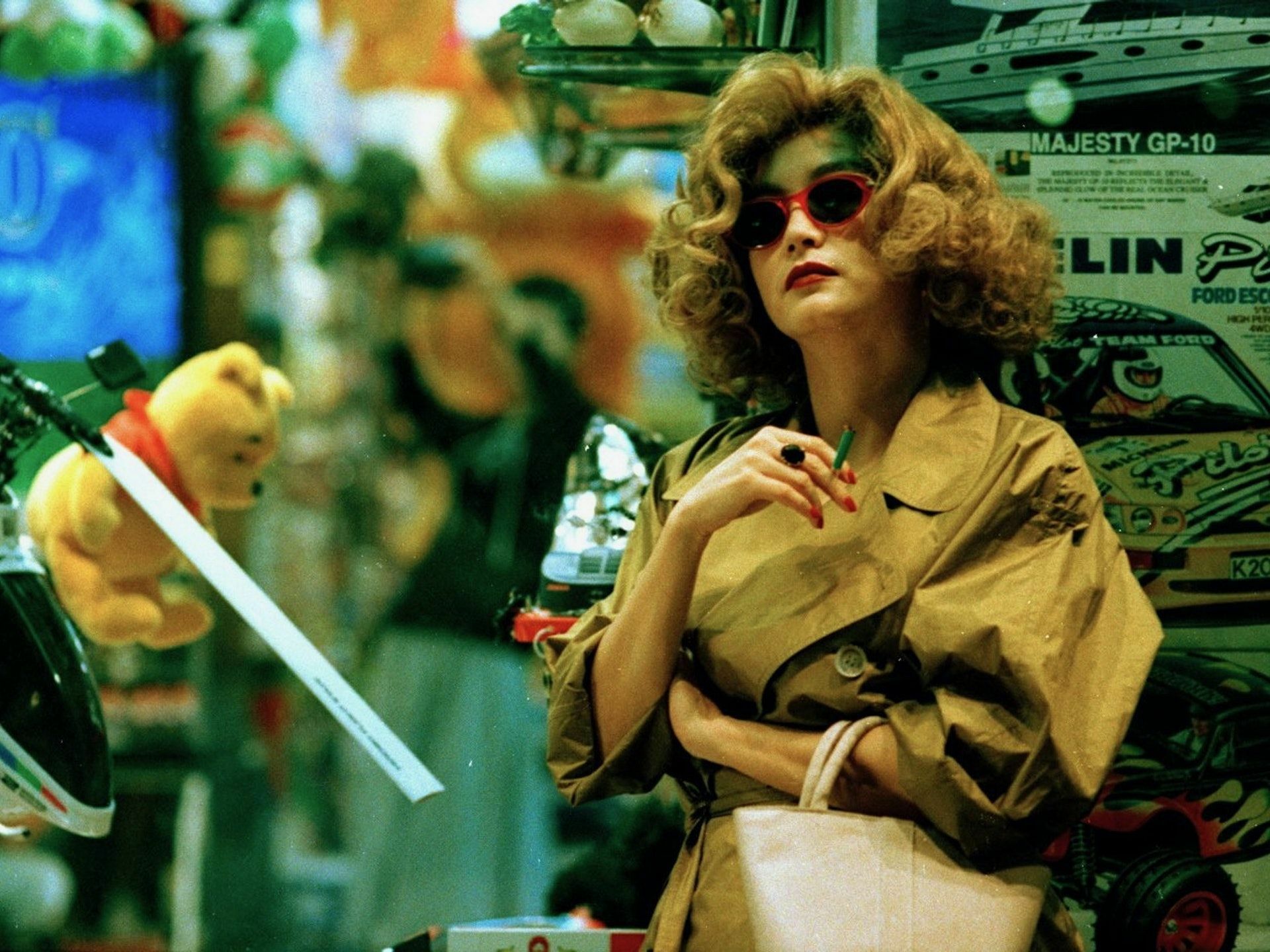
“Cinema Live,” conversations and new films hosted online by Sag Harbor Cinema, continues this Saturday, February 14, at 4:30 p.m. with a live discussion featuring a conversation with writer John Powers, critic-at-large for NPR’s “Fresh Air with Terry Gross” and co-author, with Wong Kar Wai, of “WKW: The Cinema of Wong Kar Wai” (Rizzoli, 2016).
Wong Kar Wai is known for his films that explore — in saturated, cinematic scenes — themes of love, longing and the burden of memory. His style reveals a fascination with mood and texture, and a sense of place figures prominently. In the first book on his entire body of work, Wong Kar Wai and Powers explore Wong’s complete oeuvre in the locations of some of his most famous scenes. The book is structured as six conversations between Powers and Wong (each in a different locale), including the restaurant where he shot “In the Mood for Love” and the snack bar where he shot “Chungking Express.” Powers explores Wong’s trademark themes of time, nostalgia, and beauty, and their roots in his personal life. “World of Wong Kar Wai” (including seven of his best films, released each week) are available in the virtual cinema through February 28.
“One of the great joys of our path towards the new Sag Harbor Cinema has been discovering how supportive filmmakers and artists in general are,” said SHC’s artistic director, Giulia D’Agnolo Vallan, who will moderate the discussion. “Their in-person participation has made so many of our screenings special. Given that a virtual appearance has no geographic limitations we thought that, for these conversations, we may as well reach far and bring Rome, Paris, Mexico City and Pasadena to Sag Harbor.”
Coming up in the series with a date to be determined will be Ramin Bahrani talking about his new film, “The White Tiger,” now available on Netflix.
Also available now on SHC’s virtual cinema is Robin Lutz’s film “Escher: Journey to Infinity,” an entertaining and eye-opening portrait of the world famous Dutch graphic artist M.C. Escher (1898-1972) through his own words and images. Equal parts history, psychology and psychedelia, Lutz’s portrait presents the man through his own words and images. Diary musings, excerpts from lectures, correspondence and more are voiced by British actor Stephen Fry, while Escher’s woodcuts, lithographs and other print works appear in both original and playfully altered form.
Visit sagharborcinema.org to access all films and conversations.